US tax cut leads to share buyback record
The constituents of America's S&P 500 index are expected to spend $650bn buying back their shares this year, which would set a new annual record.

Get the latest financial news, insights and expert analysis from our award-winning MoneyWeek team, to help you understand what really matters when it comes to your finances.
You are now subscribed
Your newsletter sign-up was successful
Want to add more newsletters?

Twice daily
MoneyWeek
Get the latest financial news, insights and expert analysis from our award-winning MoneyWeek team, to help you understand what really matters when it comes to your finances.

Four times a week
Look After My Bills
Sign up to our free money-saving newsletter, filled with the latest news and expert advice to help you find the best tips and deals for managing your bills. Start saving today!
American companies are splurging on their own shares. The constituents of the S&P 500 index are expected to spend $650bn buying back their shares this year, which would set a new annual record. The previous high was in 2007 at the top of the global cycle.
The corporate tax cut from 35% to 21% has given year-on-year earnings growth a hefty fillip to over 20% from underlying profit growth in the mid-single digits.
That has left plenty of spare cash for buybacks to bolster the figures for earnings per share and the stock price. Tech giant Apple, for instance, announced a $100bn buyback programme in early May, a sum that would finance the acquisition of Credit Suisse and UBS, as Sandro Rosa points out in Switzerland's Finanz und Wirtschaft.
MoneyWeek
Subscribe to MoneyWeek today and get your first six magazine issues absolutely FREE

Sign up to Money Morning
Don't miss the latest investment and personal finances news, market analysis, plus money-saving tips with our free twice-daily newsletter
Don't miss the latest investment and personal finances news, market analysis, plus money-saving tips with our free twice-daily newsletter
The buyback splurge will provide some support for a market beset by historically high valuations and steadily rising interest rates. But it probably won't last very long, says Rosa.
Companies are finally beginning to invest again after sitting on their hands for years, so in the next few months spare cash is increasingly likely to go towards expanding production capacity and growing businesses. Both actual and planned investment are on the rise. What's more, over the past several years American companies have borrowed a great deal of money to finance buybacks, so further impetus from this source is unlikely.
Get the latest financial news, insights and expert analysis from our award-winning MoneyWeek team, to help you understand what really matters when it comes to your finances.

-
 Barings Emerging Europe trust bounces back from Russia woes
Barings Emerging Europe trust bounces back from Russia woesBarings Emerging Europe trust has added the Middle East and Africa to its mandate, delivering a strong recovery, says Max King
-
 How a dovish Federal Reserve could affect you
How a dovish Federal Reserve could affect youTrump’s pick for the US Federal Reserve is not so much of a yes-man as his rival, but interest rates will still come down quickly, says Cris Sholto Heaton
-
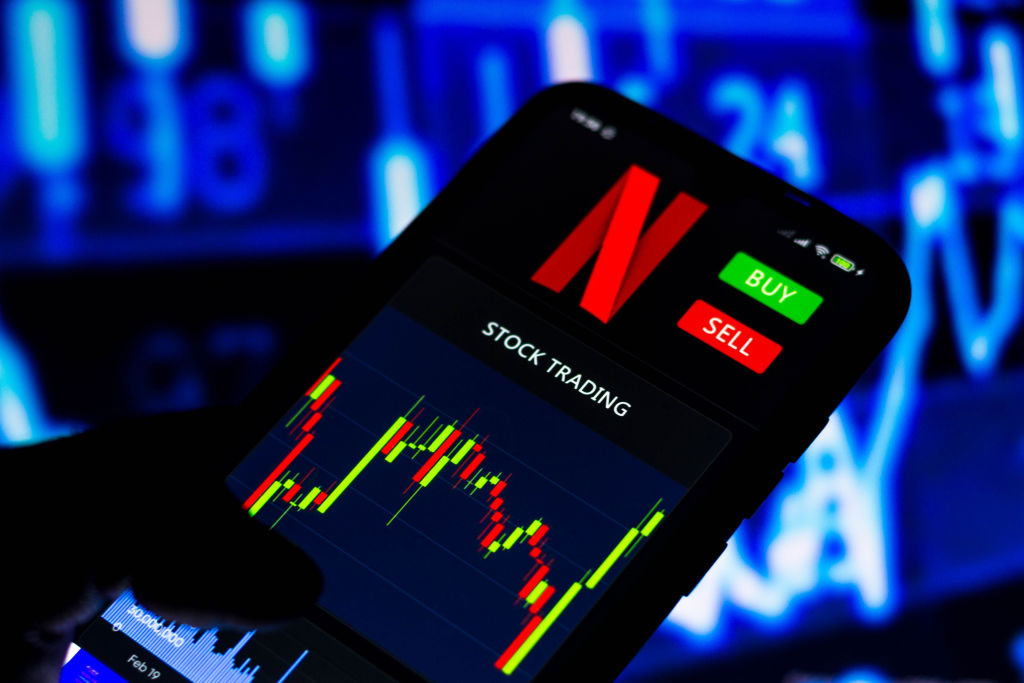 Most popular stocks of 2023: AI on the up while interest in Netflix plummets
Most popular stocks of 2023: AI on the up while interest in Netflix plummetsWe reveal the most popular shares of 2023 so far.
-
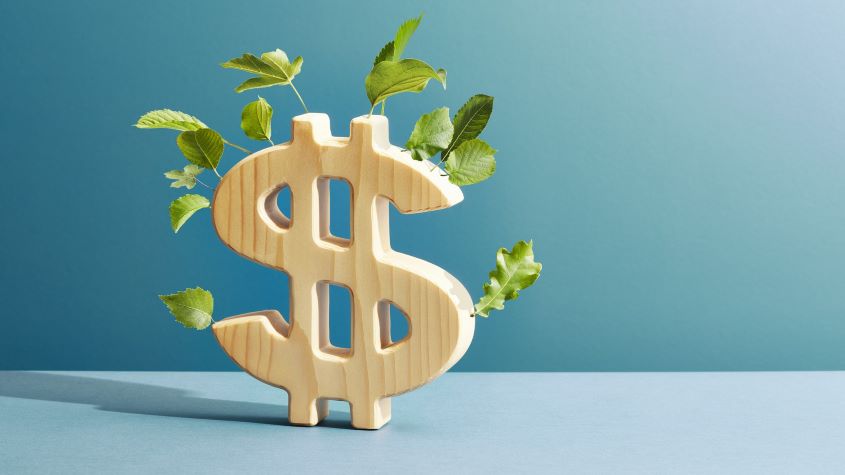 The highest yielding S&P 500 Dividend Aristocrats
The highest yielding S&P 500 Dividend AristocratsTips Dividends are a key component of investment returns in the long-term. A portfolio of dividend aristocrats is a great way to build wealth and a sustainable income stream.
-
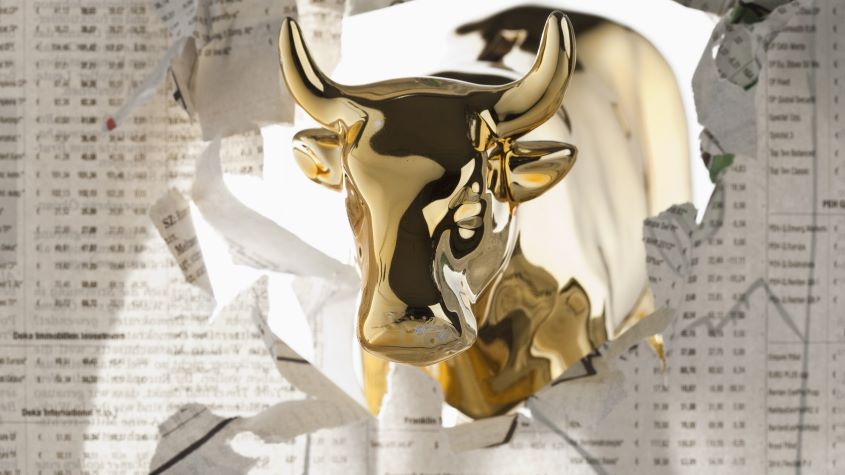 2023 will be a bumper year for stocks. Here’s how to play the rally
2023 will be a bumper year for stocks. Here’s how to play the rallyTips Dominic Frisby explains why he thinks the market rally could have further to run in 2023 despite macroeconomic headwinds
-
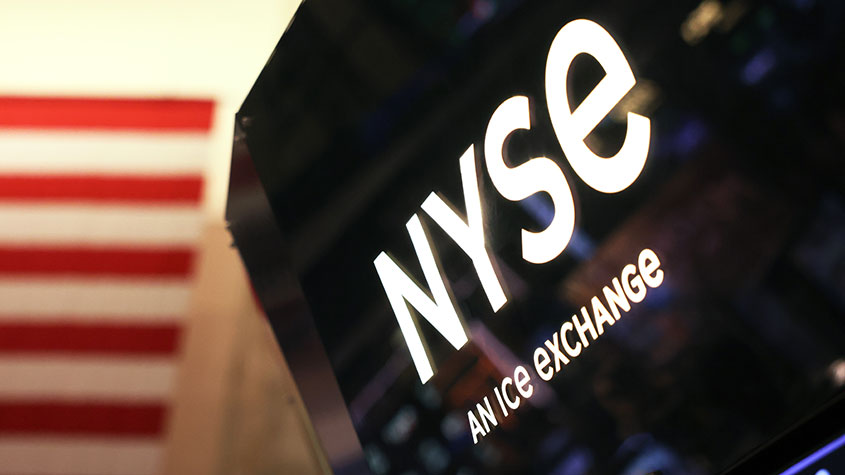 Crash? What crash?
Crash? What crash?Sponsored October is often said to be a month of stockmarket crashes. But that's not true for this year, says Max King. A host of positive triggers are lining up for equities, says Max King.
-
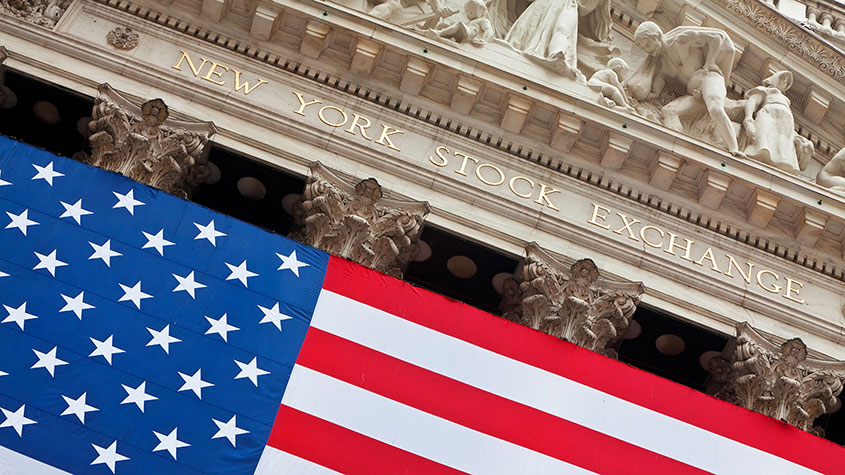 The US stock market – should you put more into the S&P 500?
The US stock market – should you put more into the S&P 500?Analysis Everything went right for the US stock market in the past decade. It will be hard to repeat that as interest rates rise. We look at how attractive the S&P 500 is right now.
-
 The end of cheap money hits the markets
The end of cheap money hits the marketsNews Markets have swooned as central banks raise interest rates, leaving the era of cheap money behind.
-
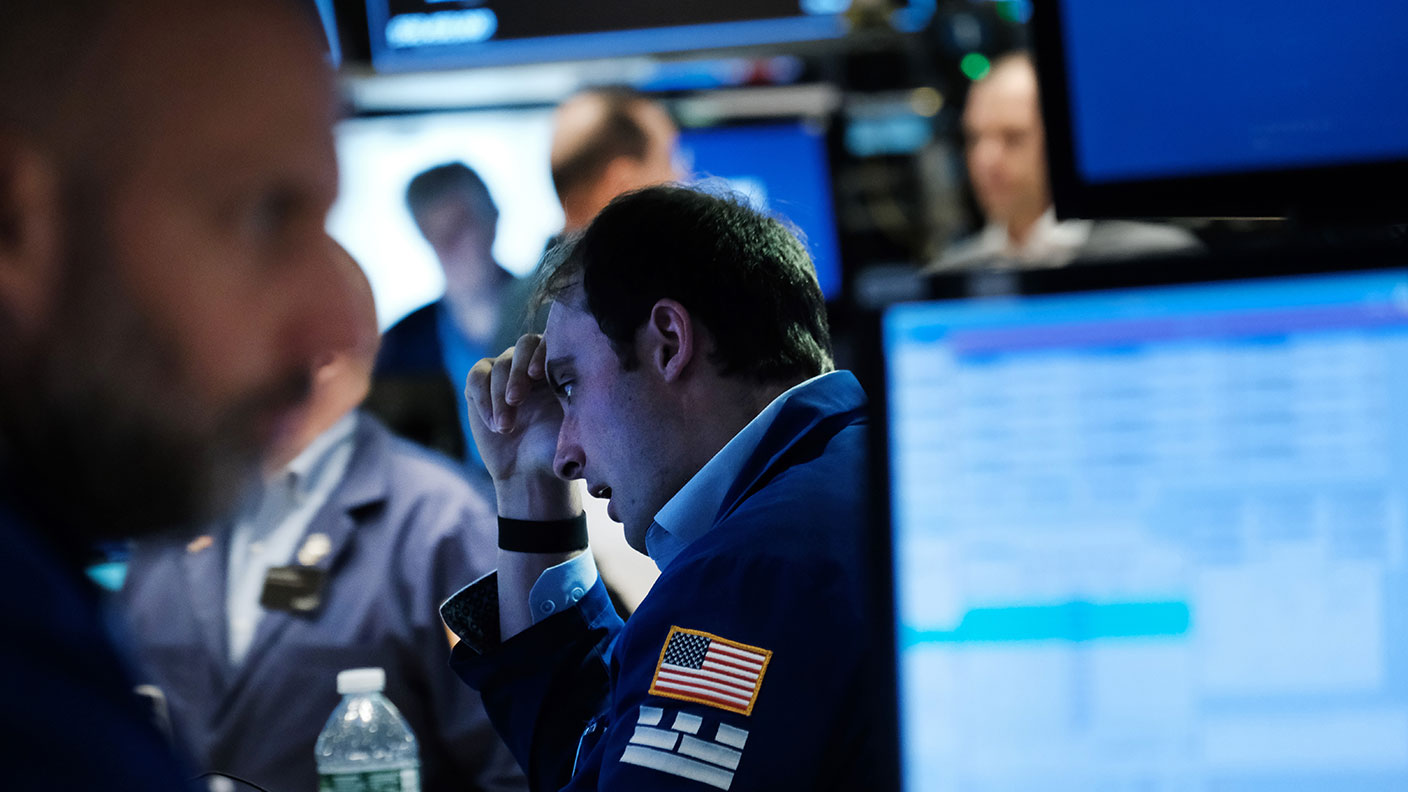 The markets say sell, but should investors listen?
The markets say sell, but should investors listen?Analysis As fear grips markets around the world, investors need to have an honest conversation about what they’re comfortable with owning.
-
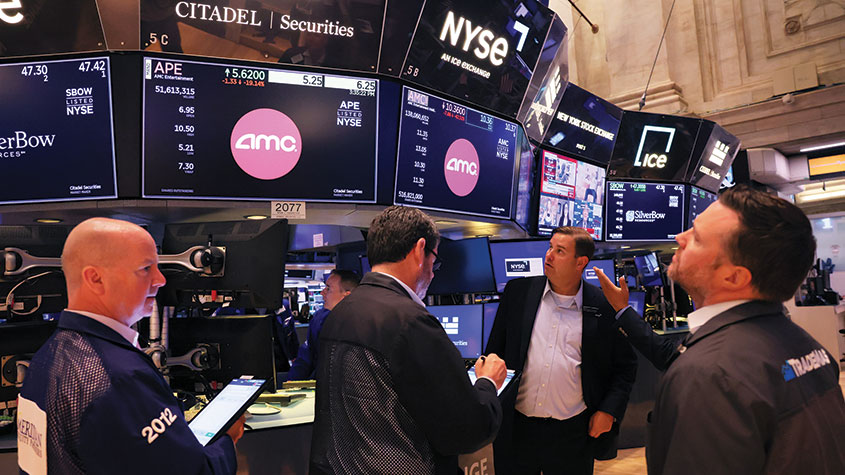 Are stocks back in a bull market or is this just a bear market rally?
Are stocks back in a bull market or is this just a bear market rally?News The S&P 500 index gained 17% between its June lows and 16 August, while the Nasdaq Composite rose more than 20%. So are stocks back in a bull market or is this just a brief rally before they resume their slide?